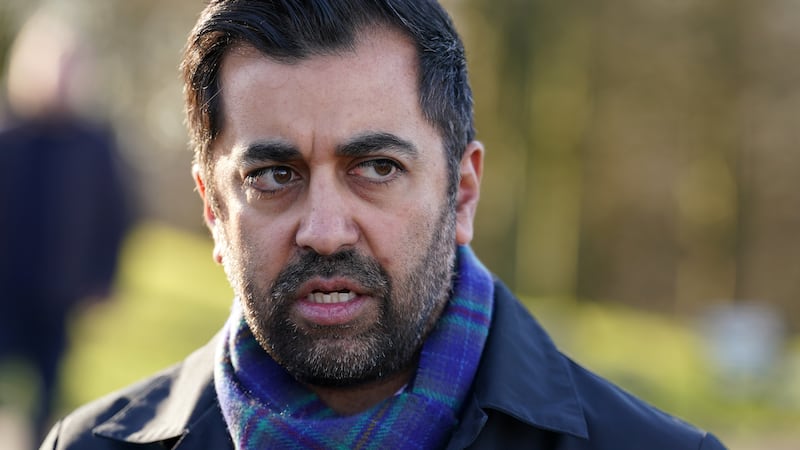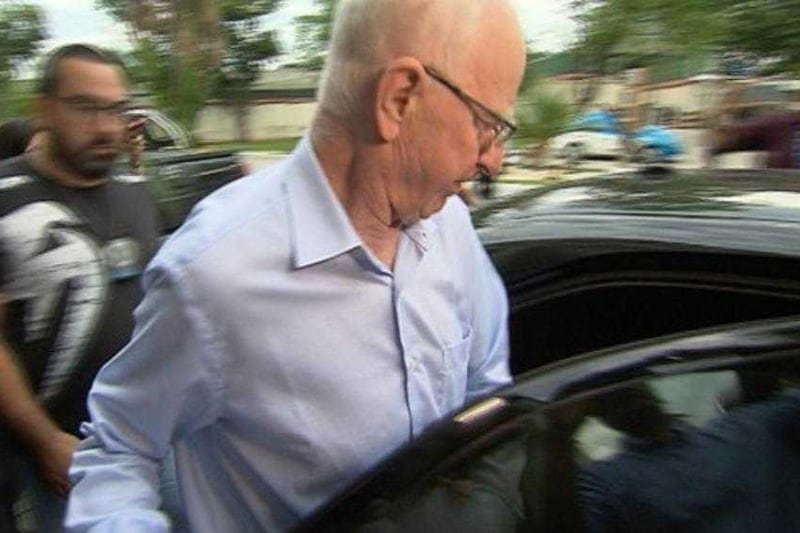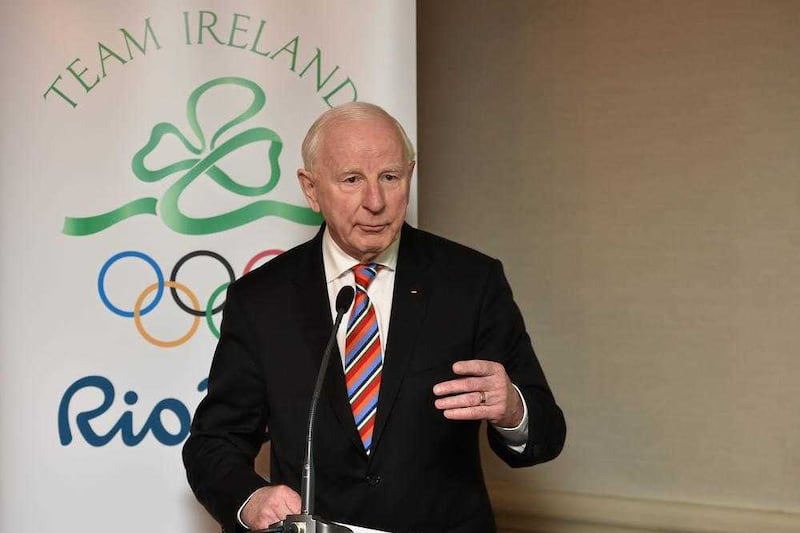PAT Hickey is to return to Ireland after being loaned bail money by an Olympic body, it has emerged.
Mr Hickey (71) has been in Brazil since he was arrested three months ago during the Rio de Janeiro Olympics on suspicion of alleged illegal ticket touting.
It has been reported now that the Association of National Olympic Committees (ANOC) has agreed to pay his bail, allowing him to come back to Ireland on medical grounds.
Mr Hickey, who has denied any wrongdoing, stood down from his role as president of the Olympic Council of Ireland while an investigation takes place.
ANOC said he will return home due to what it described as a heart condition.
Last month, a judge in Brazil ruled that he could be given back his passport and permitted to leave the country on payment of a €410,000 bond.
With the bail payment being covered by ANOC, Mr Hickey will be given back his confiscated passport.
ANOC has said that the bail payment is a loan and it expects to be reimbursed.
In a statement, ANIC said: "The decision was unanimously approved by ANOC president Sheikh Ahmad Al-Fahad Al-Sabah and all ANOC vice-presidents via a postal vote on 20 November 2016.
"The payment was made as a temporary loan so that Patrick Hickey could meet his bail requirements and return to Ireland where he can receive medical treatment for a heart condition. The terms of the temporary loan make it clear that it must be repaid to ANOC in full.
"For legal reasons, all other terms and conditions surrounding this bail payment will remain confidential."
Last month, the Olympic Council of Ireland ruled out paying the bond for Mr Hickey.
He was held for a time in a maximum security Rio jail after he was arrested on August 18. He was formally accused under Brazilian law of ticket-touting, running a cartel and illicit marketing. At that time, Judge Fernando Antonio de Almeida cited Mr Hickey's "critical health" before recommending that his imprisonment be converted into "domicile imprisonment".








